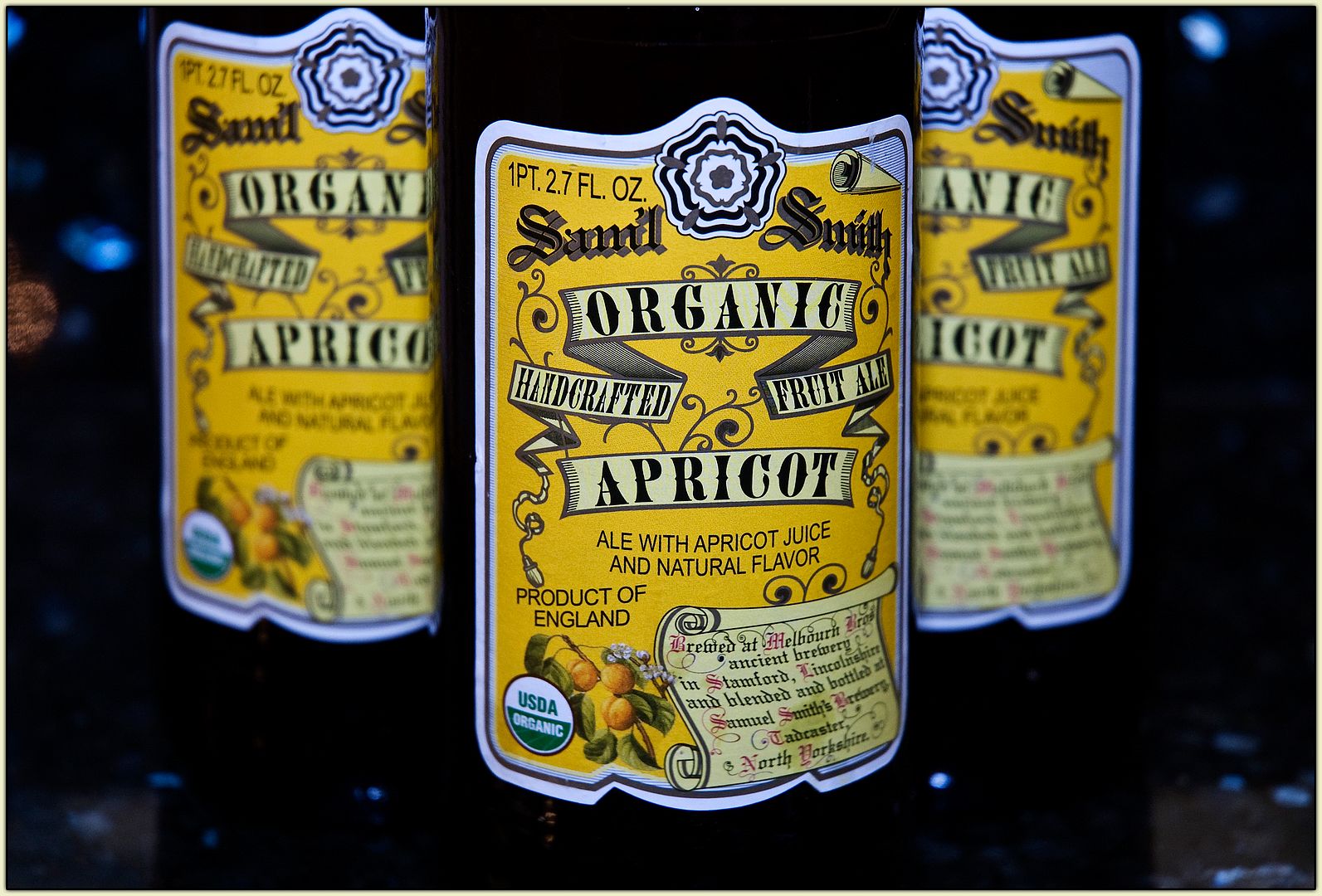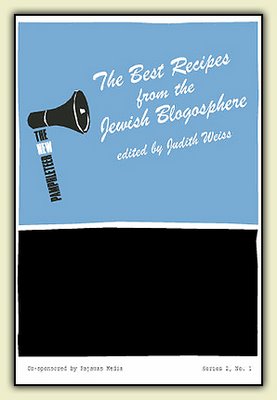
Samuel Smith’s Apricot Ale. Tasty yummy good.
Ever since my first trip to Belgium some thirty-odd years ago, I’ve been a fan of that country’s fruit-infused ales.
At first blush, it sounds disgusting. Ale? With fruit? Feh! Yet surprisingly (to those who have not tried it, anyway), it is damned tasty. Don’t think “wine cooler” or “Mike’s Hard Lemonade.” Think “Seriously Grown-Up Beverage.”
The Belgian style of fruit-flavored ale is a subset of the general style of ales known as lambics. Unlike conventional brews that are made with brewer’s yeast under highly controlled conditions, lambics are produced by the spontaneous fermentation of wild yeasts and bacteria. This results in a dry, even vaguely sour type of suds... almost like the bastard child of beer, wine, and cider.
Lambics are interesting enough as is, but when fruit or fruit syrup is added, the resulting secondary fermentation creates a marvelously complex, sweet-sour beverage. The classic Belgian fruit lambic, kriek, is made with Morello cherries, and it is amazing. Other versions include framboise (raspberries), pêche (peach), and cassis (black currant); in my not-so-humble opinion, however, kriek and framboise are the best of the lot. Either one goes really well with Chinese food - an unexpected but felicitous pairing.
There’s no rule that says fruit ales must be based on lambic, but the ones I have had that are not have generally been disappointing. For that matter, until recently I had never had a fruit ale made anywhere but Belgium that was worth the effort to open the bottle. It may have something to do with the local wild yeast.
But that all changed a couple of months ago when I dined with the Mistress of Sarcasm at the Manna Dew Café in Millerton, New York, not far from her home stomping grounds. To my surprise and delight, I came across something new. New to me, anyway. And it was excellent.
I speak of Samuel Smith’s Apricot Ale.
Samuel Smith and the products of the eponymous little brewery in Tadcaster, England may be familiar to many of my Esteemed Readers. Said products include several fine beers and ales, including an impressive (and powerful) Imperial stout. But the notion of an English fruit ale had been somewhat offputting to me until I tried the good Mr. Smith’s apricot ale.
Is it lambic? No, it is not. But it has many of the same flavor characteristics, and the flavor of apricots (to which, I will confess, I am rather partial) complements the tart ale beautifully.
The only problem I had was finding it here in the Atlanta area. None of the local beer or spirits shops had even heard of it, and the people at the local Whole
Thus it was that when I stumbled upon it at the Whole Foods market in midtown, I snatched up every bottle on the shelf. Carpe Bierem!
I am also happy to report that, like its Belgian brethren kriek and framboise, Samuel Smith’s Apricot Ale goes really well with Chinese food. It is an apricot ale to go ape over.




















3 comments:
So now you need to write some verse in lambic pentameter.
You asked; I answered.
Although I can't see myself chasing a chewed-up apricot with a brewsky, I will keep my eye peeled for a bottle of this stuff.
Post a Comment